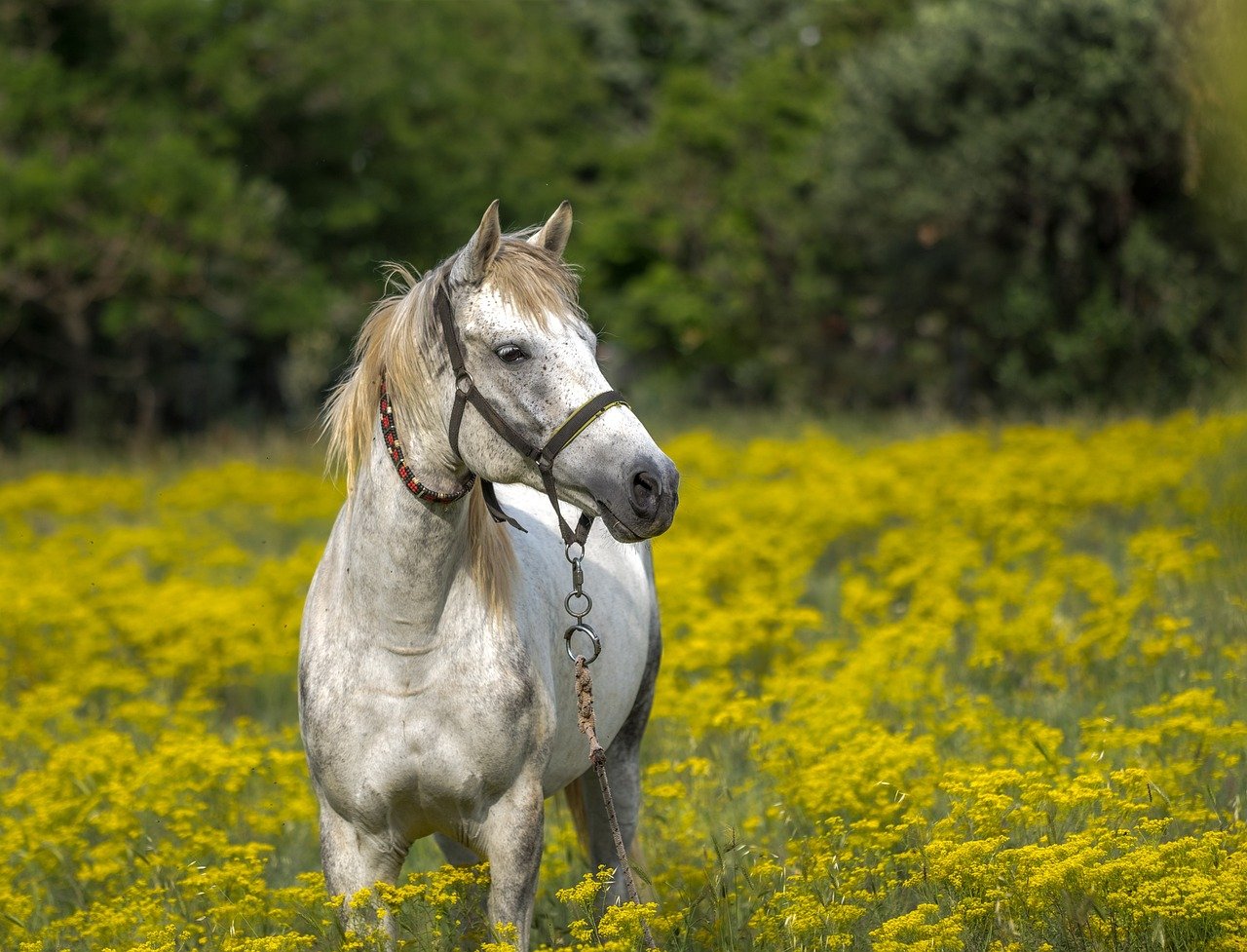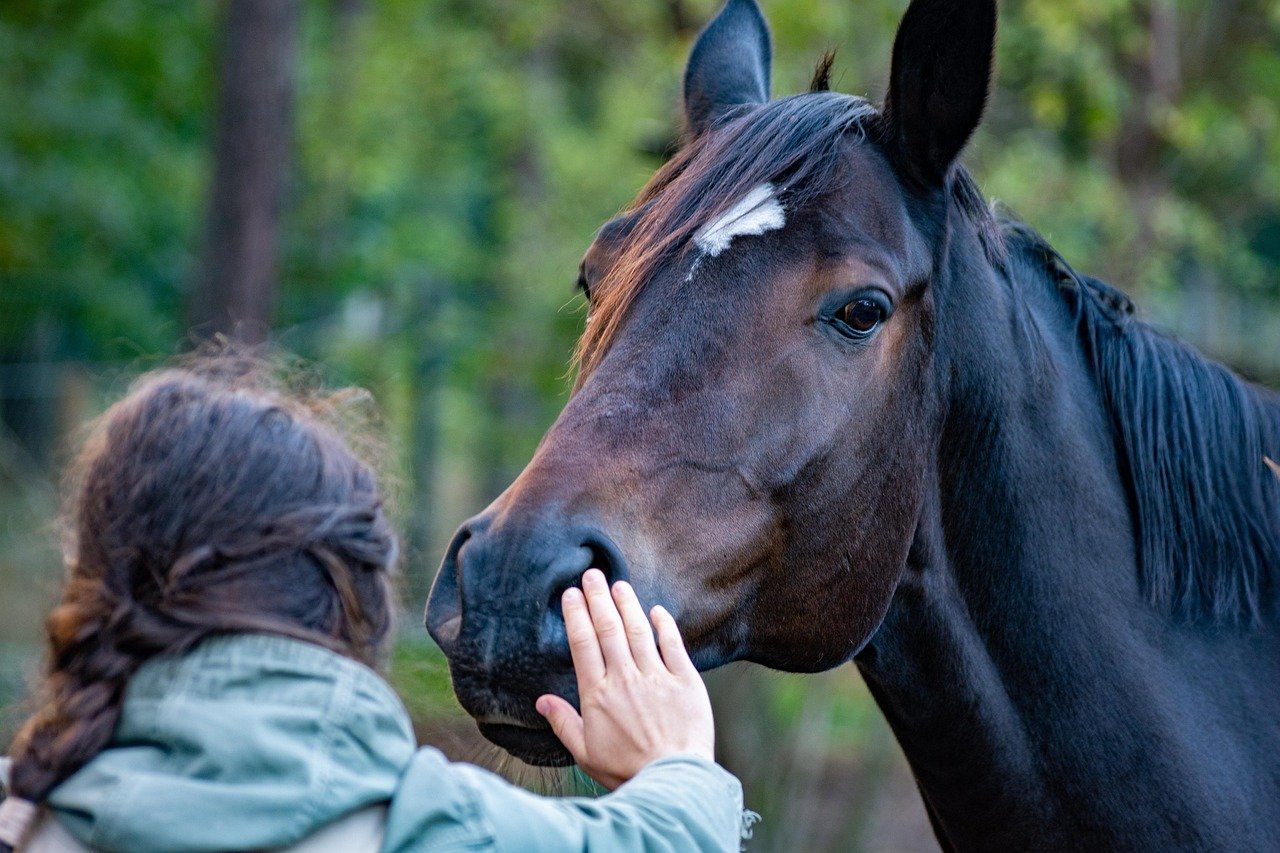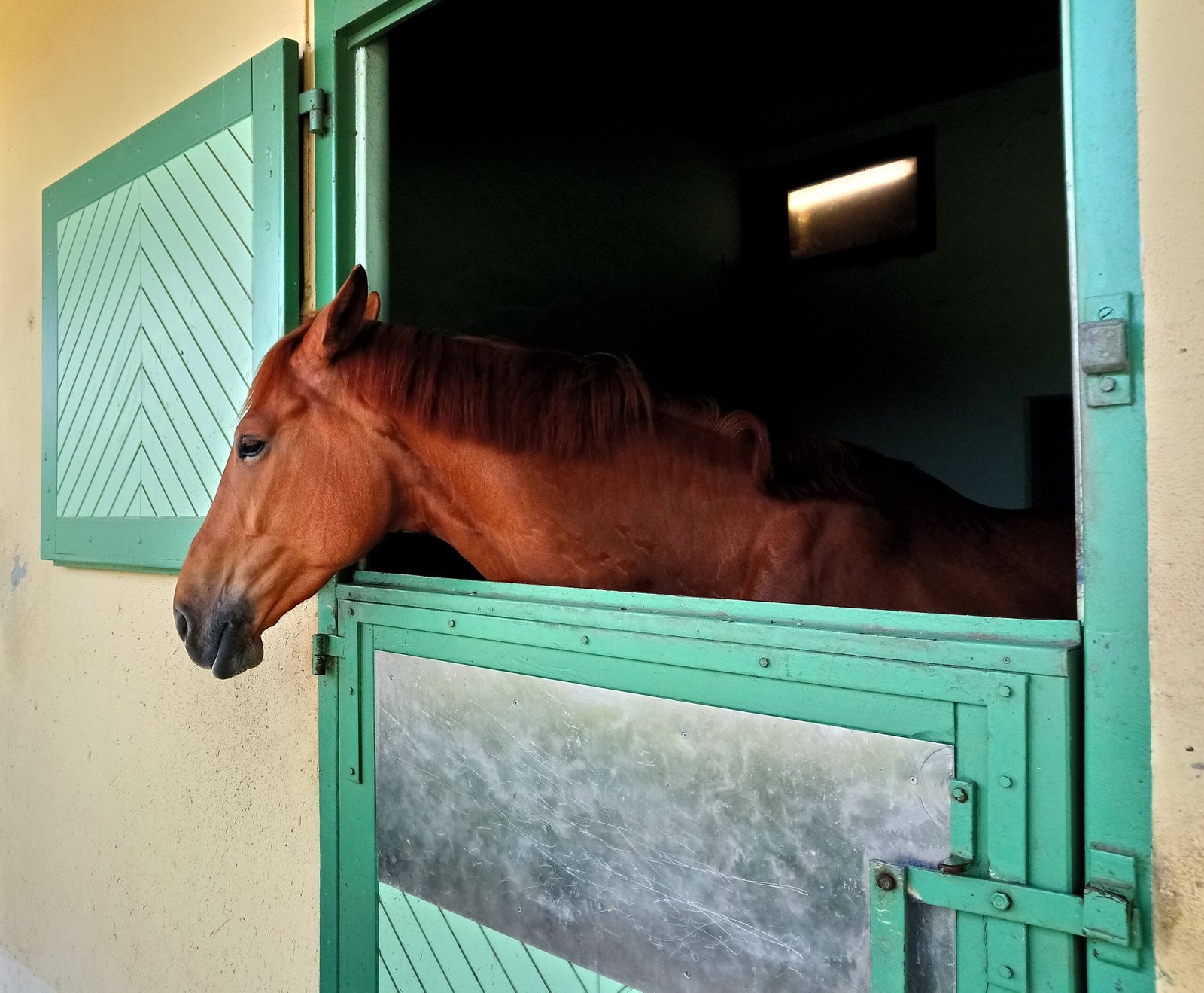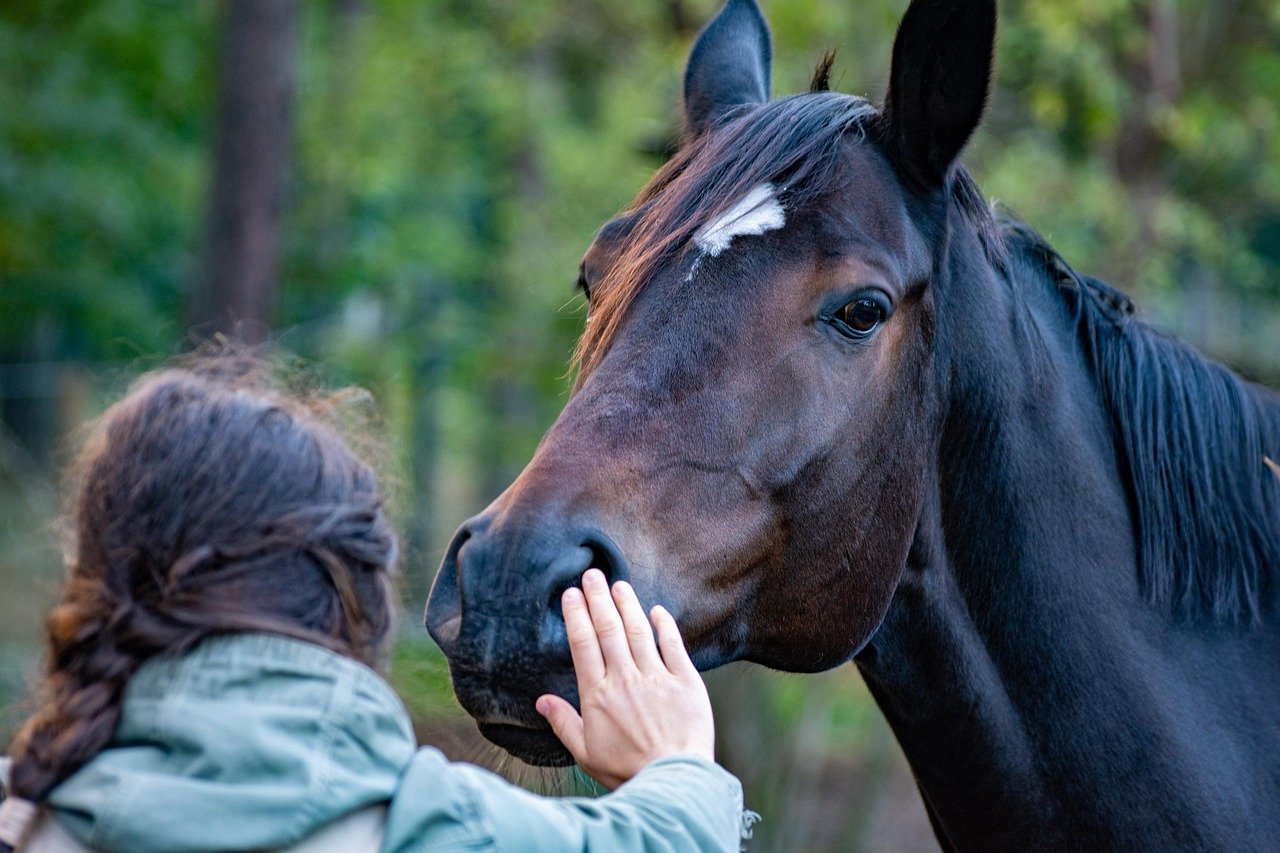Have you ever looked into your horse’s eyes and wondered what they’re feeling? Horses may not speak our language, but their hearts and minds are just as sensitive as our own. Every day, the choices we make—often without a second thought—can deeply affect their happiness, confidence, and well-being. Imagine if a small change in your daily routine could mean the difference between a stressed horse and a content companion. The surprising truth is, it can. Understanding these daily habits doesn’t just strengthen the bond with your horse; it can transform their entire world. Let’s explore the powerful routines that shape your horse’s mental and emotional health, and discover how simple, caring actions can create a lifetime of trust and joy.
Consistent Routines: The Power of Predictability
When we think about caring for our horses, physical health often comes first—nutrition, exercise, hoof care, and vet visits. But just like humans, horses are emotional beings, deeply affected by the energy, consistency, and environment around them. The way we interact with them each day—through our tone, our timing, and our touch—can have a lasting impact on their mental and emotional well-being.
Horses are creatures of habit, much like people who cherish their morning coffee or evening walk. When routines stay the same—feeding times, turnout, and grooming—your horse feels safe and knows what to expect. This predictability helps lower their stress levels and anxiety, making them more relaxed companions. Sudden changes, like a different feed schedule or new people handling them, can be unsettling. Imagine being woken up at random hours every night; you’d feel uneasy, too. By keeping routines consistent, you offer your horse a steady anchor in their day-to-day life. It’s a simple act, but it speaks volumes to your horse’s sense of security and trust. Small adjustments towards regularity can make a huge emotional difference.
Quality Social Interaction: More Than Just Company
Horses are naturally social animals—they thrive in the company of their own kind. Daily interactions with other horses provide them with comfort, entertainment, and a sense of belonging. Even if your horse is the only one in the stable, regular contact with you or other animals can fulfill their need for companionship. Isolation can lead to loneliness, boredom, and even depression. Try to ensure your horse spends time with friendly horses or gets plenty of positive attention from you. Just like people, a horse’s mood can lift with a good friend nearby. Think of it as their way to laugh, gossip, and share the day’s ups and downs.
Gentle Handling: Building Trust One Touch at a Time
Every time you approach, touch, or lead your horse, you’re shaping their emotional world. Gentle, patient handling builds trust, while harsh or hurried actions can spark fear and confusion. Horses remember kindness and notice even the smallest gestures. Take the time to greet your horse softly, use calm voice tones, and move with purpose but without rush. When they know you’re a safe presence, they become more confident and willing partners. It’s like a handshake turning into a warm hug—the more positive the touch, the deeper the trust. This habit, repeated daily, creates a bond that withstands stress and uncertainty.
Mental Stimulation: Challenging the Mind

Boredom isn’t just a human problem. Horses need mental challenges to stay sharp and happy. Simple activities, like introducing new objects, teaching tricks, or changing up the riding path, can awaken their curiosity. Puzzle feeders, toys, or varied training exercises give them something to think about beyond the basics of food and shelter. Without mental stimulation, horses can become restless or even develop bad habits like cribbing or weaving. Imagine being stuck in a room with nothing to do—it would drive anyone stir-crazy. Keeping your horse’s mind engaged is essential to their emotional health.
Regular Exercise: Moving for Joy, Not Just Fitness

Exercise is more than just a physical need for horses—it’s a source of happiness. Daily movement, whether it’s a trail ride, turnout in a paddock, or playful running, releases endorphins that boost mood and reduce anxiety. Horses that don’t get enough exercise can become frustrated or depressed, just like people stuck at a desk all day. Incorporate variety into their routines—a mix of gentle walks, trotting, and free play can do wonders. Think of exercise as their chance to dance, stretch, and simply feel alive. A moving horse is often a happy horse.
Positive Reinforcement: Rewarding Good Behavior

Everyone loves to be appreciated, and horses are no different. Rewarding positive behavior with a treat, a scratch, or a kind word encourages your horse to feel confident and understood. This type of feedback helps them learn faster and trust more deeply. Instead of focusing on correcting mistakes, look for opportunities to praise what they do right. It’s like cheering for a child’s first steps—your encouragement inspires your horse to keep trying. Over time, these rewards shape a cheerful, eager-to-learn attitude that makes daily interactions a pleasure for both of you.
Safe and Comfortable Environment: A Sanctuary for the Soul

Imagine living in a place where you felt unsafe or uncomfortable—your mood would suffer, and so would your mental health. Horses need their living spaces to be secure, clean, and inviting. Daily checks for hazards, fresh bedding, and adequate shelter protect their physical safety and soothe their minds. Small touches, like a cozy stall or shaded turnout, show your horse that their comfort matters. When horses feel secure in their surroundings, they’re more likely to relax, sleep well, and greet each new day with enthusiasm. Creating this sense of sanctuary is a daily act of love.
Healthy Feeding Practices: More Than Just Nutrition
Feeding isn’t only about meeting nutritional needs—it’s also an emotional moment for horses. Regular, appropriate meals given in a calm, positive atmosphere can create a sense of well-being. Rushed or erratic feeding times, on the other hand, can spark anxiety and even aggression. Offer small, frequent meals if possible, and consider slow feeders to mimic natural grazing behavior. Feeding time is a ritual, a moment of trust between you and your horse. When done thoughtfully, it reassures your horse that their needs will always be met.
Listening to Your Horse: The Art of Observation

Horses communicate through body language, subtle shifts, and expressions. Taking a few moments each day to truly observe your horse can reveal so much about their emotional state. Are they relaxed or tense? Curious or withdrawn? Responding to these cues—adjusting your approach, offering comfort, or giving space—shows your horse that you’re attentive and caring. It’s like learning a friend’s moods and responding with empathy. This daily habit not only strengthens your bond but helps catch potential issues before they become problems, ensuring your horse feels seen and understood.
Patience and Understanding: The Heart of Every Relationship
No two horses are alike, and each has their own quirks, fears, and joys. Approaching your horse every day with patience and understanding creates a supportive environment where they can thrive emotionally. When challenges arise—like a spooky moment or training setback—responding with calm reassurance helps your horse build resilience and courage. Remember, mistakes are opportunities for learning, not reasons for frustration. By showing patience, you teach your horse that it’s okay to be imperfect and that you’ll be there for them through every step. This gentle approach lays the foundation for a lifelong partnership built on mutual respect and love.






